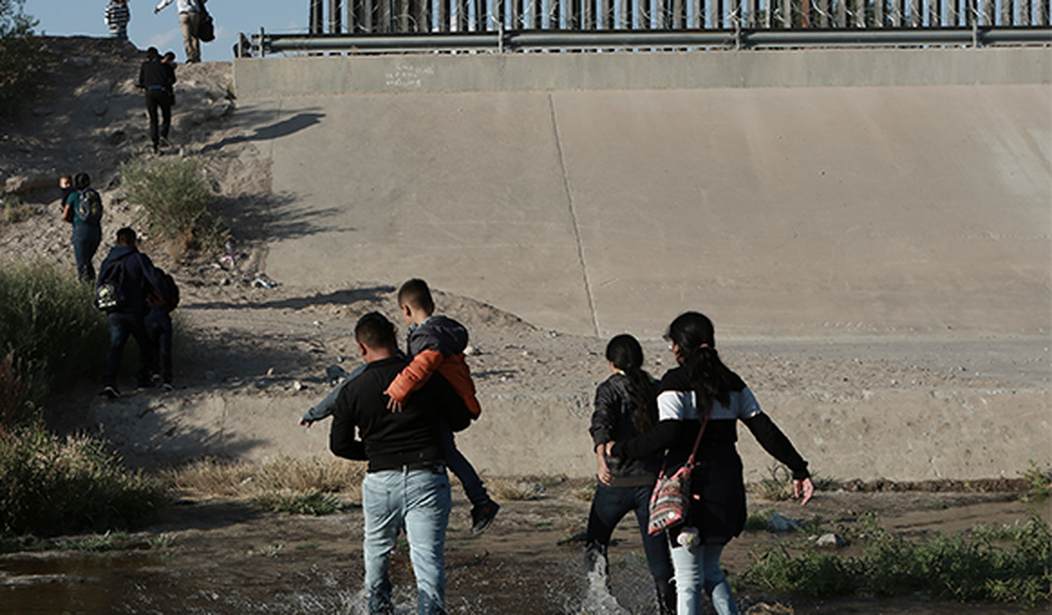A federal judge ruled on Wednesday that the Trump administration’s 2019 third-country asylum regulation could not legally apply to asylum seekers. Nine asylum seekers, along with human rights organizations CAIR and RAICES, appealed to the courts in protest of the rule.
According to the plaintiffs, Judge Kelley’s ruling signals the triumph of rule of law, concluding that President Trump has “demonized” asylum-seekers and considers the law “as something on which to trample, on his way to a photo op.”
“The protection of asylum seekers fleeing for safety is intertwined with our national values and … the United States is a country where the rule of law cannot be tossed aside for political whim,” says Claudia Cubas, the litigation director at CAIR Coalition.
The mandate required that individuals who met the requirements for asylum demonstrate that they had sought refuge in at least one transit country outside their hostile homeland before seeking it in the United States. Aliens would be granted asylum if they could prove they had been previously denied by third countries, could prove victimhood status for severe forms of human trafficking or had traveled only through countries not party to international refugee agreements.
The administration justified the mandate on the basis of an overwhelming number of false asylum claims. DOJ processed 105,500 affirmative and 159,473 defensive asylum claims in 2018, of which only 38,687 were confirmed.
Recommended
“The large number of meritless asylum claims places an extraordinary strain on the nation’s immigration system, undermines many of the humanitarian purposes of asylum, has exacerbated the humanitarian crisis of human smuggling, and adversely impacts the United States’ ongoing diplomatic negotiations with foreign countries,” Attorney General William Barr said in a statement.
Judge Kelley, a 2017 Trump appointee, found that the rule bypassed the notice-and-comment period required under the Administrative Procedure Act, and therefore cannot legally be enacted. Although the comments period extends until August 15, DHS began implementing the rule the day it was published. The administration has not yet promulgated the final rule.
Lawmakers referenced the “foreign affairs function” and “good cause” exceptions to APA stipulations, but Kelley determined the exceptions did not apply in this particular case.
“There are many circumstances in which courts appropriately defer to the national security judgments of the Executive. But determining the scope of an APA exception is not one of them,” Kelley said in his 52-page opinion on the case.
“Since the start of the Administration, there has been a lack of attention to detail and basic procedure that has resulted in a series of technical violations,” says Jonathan Turley, a prominent lawyer and legal scholar.
CBS News reported that U.S. asylum officers received orders to remove the restriction from active asylum cases. The U.S. currently restricts most asylum-seeking and immigration in an effort to prevent individuals infected with COVID-19 from entering the U.S., so little will change in the coming months.

























Join the conversation as a VIP Member